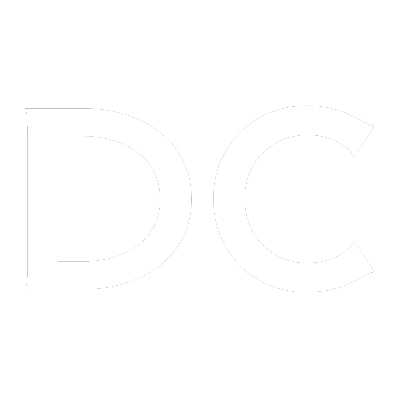Scaling Your Business: Part 1 - How to Choose the Right Expansion Strategy
Scaling a business is one of the most exciting and challenging phases of growth, and choosing the right strategy can make or break your success. In this first part, we’ll walk through the foundational questions every business owner must address before diving into expansion. From understanding your long-term goals to evaluating your readiness, this is where your journey begins.
💡 What is a Franchisor?
A franchisor is the business owner or entity that grants the right to operate a franchise using their established systems, brand, and intellectual property. In exchange, the franchisee (the person or business buying into the franchise) pays fees or royalties and agrees to operate within the franchisor’s guidelines.
Let me start with something I’ve learned the hard way: franchising is not for everyone. For years, I’ve seen business owners get excited about the idea of rapid expansion through franchising—and I get it. On paper, it looks like the perfect solution. But here’s the reality check: 85% of franchisors fail to scale beyond 10 units.
That’s a tough pill to swallow, but it highlights something important. Franchising isn’t just about ambition or a great product. It’s about being ready—financially, operationally, and strategically.
Key Questions to Ask Before Expanding
Before diving into franchising—or any expansion model—you need to ask two crucial questions:
What are your long-term goals?
Expansion isn’t just about growth; it’s about sustainable growth. Are you aiming to create a nationwide brand, or is your focus on dominating a local market? Understanding where you want to go is the first step in determining how to get there.
What resources and systems do you have to support that growth?
Expansion requires more than ambition. It demands operational readiness, financial resources, and scalable systems. Without these, your growth plans could collapse under their own weight.
If you can’t confidently answer these questions, it’s a sign to pause and evaluate your business readiness.
To help you assess your readiness for franchising, we offer a free Franchise Startup Checklist. This resource can guide you through the key considerations to ensure you’re truly prepared for successful expansion.
Exploring Your Expansion Options
Franchising is one of many ways to grow a business. Here are four common expansion models, each with unique benefits and challenges:
Distributorship: This model is ideal for businesses focused on getting products to market quickly. A notable example is Coca-Cola, which collaborates with grocery stores, service stations, restaurants, cinemas, and online platforms to distribute its products. By utilising such a wide range of distribution partners and channels, Coca-Cola ensures it reaches diverse market segments globally.
Agency or Stockist Models: These partnerships provide businesses with visibility and distribution while allowing them to retain moderate control over their brand. A prime example is Kirkland Signature, Costco’s private label, which relies on the stockist model to sell its products through Costco’s warehouse stores. This approach ensures consistent representation within a targeted retail environment.
Licensing: Licensing enables others to use your brand or intellectual property, facilitating wider product and service distribution. Many well-known organisations and companies rely on this model, including the Australian Football League (AFL), National Rugby League (NRL), Warner Brothers, and Disney.
Franchising: Franchising is a more structured model that balances scalability with brand consistency and compliance. Iconic brands such as 7-Eleven, KFC, and McDonald’s have achieved global growth through franchising, creating extensive networks while maintaining strict standards. This model is particularly well-suited for businesses that deliver a system or experience, but it demands significant preparation to ensure long-term success.
Each expansion model offers unique opportunities depending on your business type, goals, and operational capabilities. Choosing the right one depends on how you envision your brand’s growth and the resources you have to support it.
Expansion isn’t one-size-fits-all, and franchising is just one path among several. The key is choosing a strategy that aligns with your goals, resources, and business type.
In Part 2 of this post, we dive deeper into the rewards, risks, and realities of franchising, exploring what it truly takes to scale successfully.
– Rod Young
About Rod Young
Rod Young is considered one of the world’s leading franchise consultants.
He is the founder and Chairman of DC Strategy, Australasia’s premier franchise advisory group.
He is also the Executive Chairman and Global CEO of Cartridge World, the 60 country, 1400 store global printer, cartridge and printing supplies network, and sits on the board of several leading and emerging domestic and international franchise networks.
DC Strategy develops franchise networks and brands, providing franchise consulting and legal advice, branding, marketing and online presence, franchisee recruitment and international strategy.








